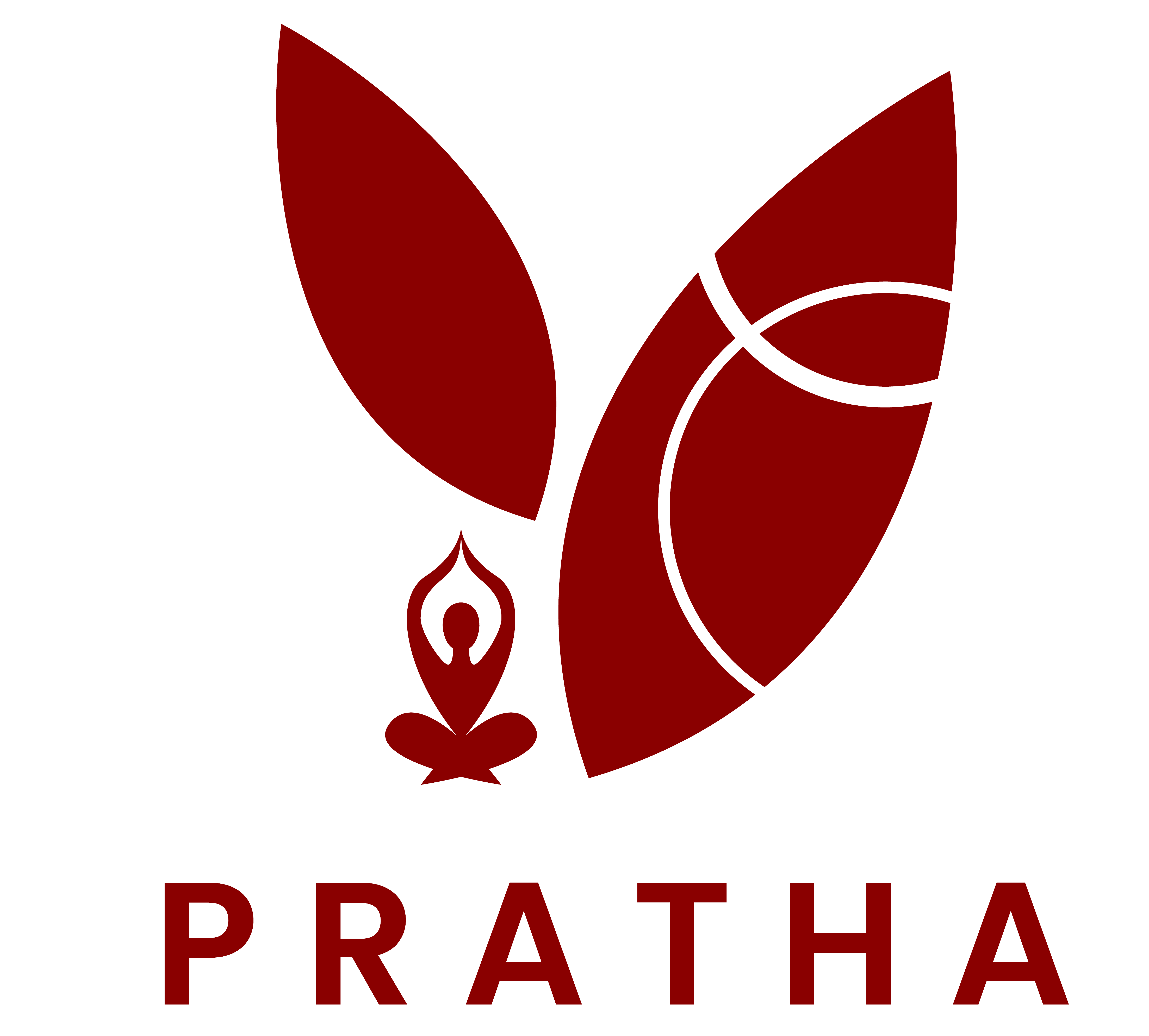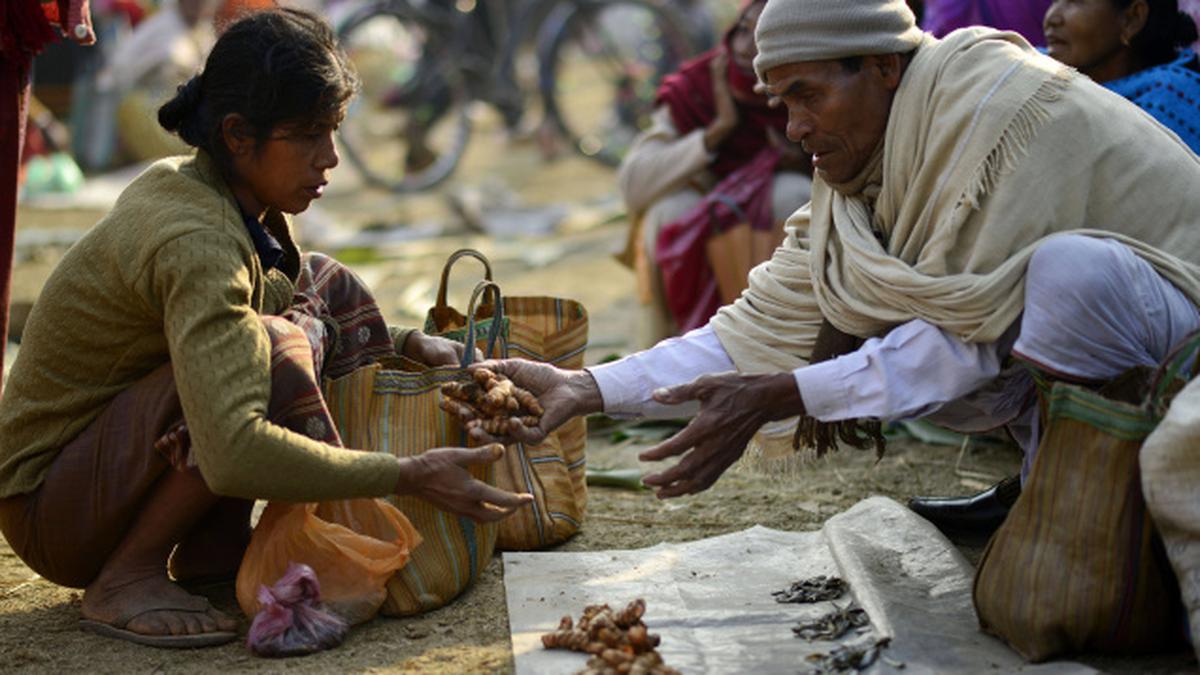Assam’s Joon Beel Mela stands as a remarkable testament to the enduring tradition of the barter system, a practice that has transcended time and modern economic structures. This annual fair, deeply rooted in the cultural fabric of Assam, offers a glimpse into a bygone era where goods are exchanged without the involvement of currency. Let’s delve into the rich history, cultural significance, international coverage, challenges, and future prospects of this extraordinary event.
The Joon Beel Mela is a significant cultural event organized by the Tiwa tribe of Assam. This fair, held annually a few days after Magh Bihu, the harvest festival, takes place in the Morigaon District of Assam. The Jonbeel lake, from which the fair derives its name (Jon meaning moon and beel meaning lake), serves as the picturesque backdrop for this traditional gathering. The Tiwa Chief, known as “Gobha Raja,” extends invitations to tribes from both the hills and plains to participate in this vibrant celebration of culture and heritage.

Date of the Joon Beel Mela
The Joon Beel Mela typically occurs in mid-January, following the festivities of Magh Bihu. This timing adds to the cultural significance of the fair, marking a period of harvest and communal celebration in Assam.
Cultural Significance and Community Participation
The Joon Beel Mela is not just a marketplace but a cultural extravaganza that brings together diverse communities such as the Tiwa, Karbi, Khasi, and Jaintia. Participants from the interiors of Morigaon and Karbi Anglong districts, as well as border villages of Meghalaya, converge at the Jonbeel lake to partake in this age-old tradition. The fair is organized under the patronage of the Gobha Kingdom, adding a regal touch to the festivities.
The Enchanting Atmosphere of Joon Beel Mela
As one navigates through the bustling lanes of the fair, a myriad of sights, sounds, and aromas envelop the senses. The air is filled with the melodies of traditional music, the vibrant hues of ethnic attire, and the aroma of local delicacies. The Jonbeel lake, after which the fair is named (Jon meaning moon and beel meaning lake), witnesses not only barter trade but also community fishing, adding to the charm of the event.
Challenges and Future Prospects
While the Joon Beel Mela continues to thrive as a symbol of cultural resilience, it also faces challenges in the modern era. The Reserve Bank of India’s decision to cease barter trade along the Indo-Myanmar border in 2015 marked a shift towards standardizing trade practices. However, efforts to sustain and promote the barter system at the Joon Beel Mela are essential to safeguarding this unique cultural heritage.
Preservation of Traditional Practices
In a rapidly evolving world, the Joon Beel Mela serves as a beacon of tradition and heritage. It offers a glimpse into a time when trade was based on mutual trust and reciprocity, transcending the complexities of modern commerce. The fair underscores the importance of preserving indigenous practices and fostering cultural exchange among different communities.
Conclusion: Celebrating Tradition and Community at Joon Beel Mela
In conclusion, Assam’s Joon Beel Mela stands out as a living heritage that bridges the past with the present. It embodies the spirit of community, tradition, and cultural exchange, offering a glimpse into a world where goods are valued not by currency but by the bonds they create. As the last bastion of the barter trade in the world, the Joon Beel Mela serves as a reminder of the enduring legacy of ancient practices in a rapidly changing world.The Joon Beel Mela is not just a fair; it is a celebration of tradition, culture, and the timeless spirit of barter trade that continues to thrive in the heart of Assam, captivating both local communities and international audiences alike. Its ability to preserve and showcase the barter system in a modern context highlights the resilience and richness of Assam’s cultural heritage.

